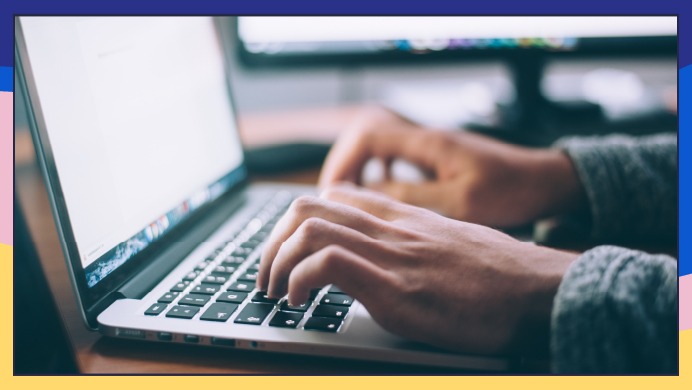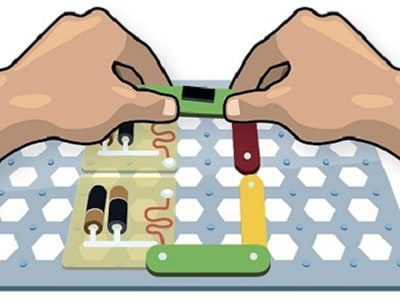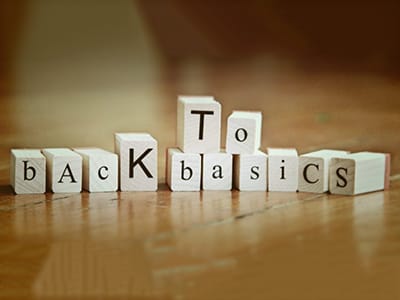As with many trending concepts, “adaptive learning” is a term that means different things to different people. Let’s have a look at some of those different meanings, and get a handle on its implications, when properly applied, in the learning industry.
Business Dictionary defines adaptive learning as: “A type of organizational learning that focuses on past successes as well as the use of these as a basis in developing future strategies and successes. Used by organizations for making incremental improvements to their existing products, services, and processes in response to their changing business environment. This learning approach is in contrast to organizational learning.”
The ever-reliable Wikipedia, on the other hand, defines it as: “An educational method which uses computers as interactive teaching devices, and to orchestrate the allocation of human and mediated resources according to the unique needs of each learner. Computers adapt the presentation of educational material according to students’ learning needs, as indicated by their responses to questions, tasks and experiences.”
Note the technology element in this description. In this instance, the Wikipedia description is more closely aligned with the intent of the term “adaptive learning” as coined by behaviorist B.F. Skinner. Skinner is credited with developing the method in the 1950s, when he constructed a machine that focused on effectively teaching new concepts instead of reinforcing memorization. The machine operated by allowing students to practice new concepts by answering questions. If a question was answered correctly, feedback and positive reinforcement was given. If a question was answered incorrectly, instead of simply allowing another attempt, students were directed toward the right answer through a series of small hints. This allowed students to not only study at an independent pace, but also to receive immediate feedback so they could track their progress.
So, is “adaptive learning” the same as “personalized learning”? Not really. Personalized learning implies any customization of learning by an instructor, while “adaptive learning” involves technology that monitors student progress during a learning event and uses that data to modify instruction in real time.
Simply put, personalized learning is driven by human change, while adaptive learning is constantly changing based on human interaction with technology/machine.







